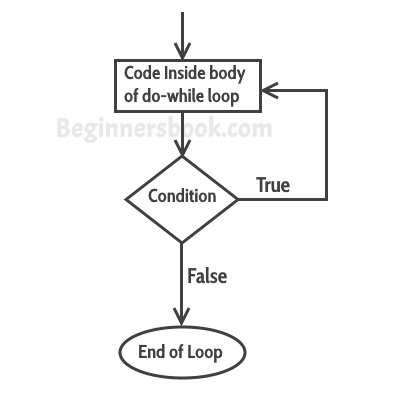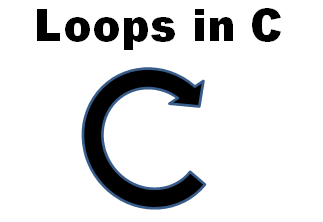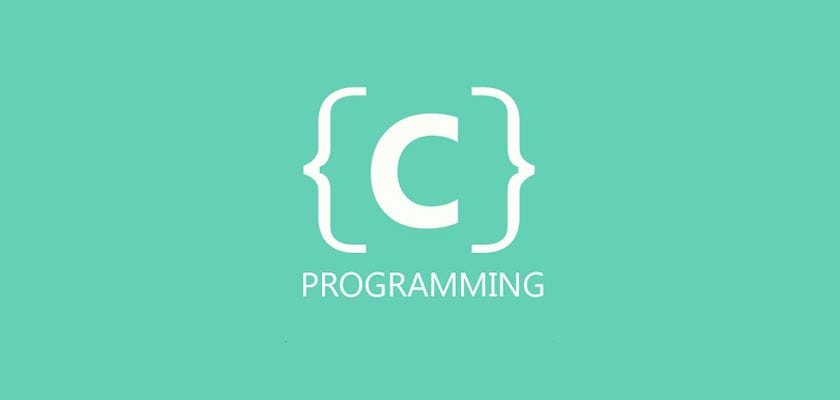

Using apps on both Android and iOS, you can configure off-the-shelf NFC tags to control devices or automation. Version 2 This version changes the int alias to the System.Int32 type found in the System alias. It also uses the int alias in the C language. Version 1 The first uses the System.Console typeit omits the 'using System' directive. Home automation: A few smart home platforms, including Home Assistant and Apple’s HomeKit, support NFC as well. The programs have the same output, and should compile to the same intermediate representation.If you bring one of them near a Nintendo Switch or 3DS, it automatically grants you additional characters, levels, or bonus items for a particular game. An Amiibo is like any other action figure or trading card, except that it also contains an embedded NFC chip.

WHAT DOES FOR DO IN C HOW TO
Read more: How to use Google Pay for contactless payments and travel Some systems are even compatible with payment apps like Google Pay so you don’t have to carry the card around. Public transport access: Public transport in many cities, including Hong Kong, Singapore, and London, use NFC-based cards as a form of access control mechanism for public transit.Some cameras also use it to quickly initiate a Wi-Fi Direct connection for easy photo and video transfer. Many wireless speakers and headphones use it to exchange pairing information with your smartphone. Quick pairing: NFC’s convenience extends to devices that don’t have a screen.Within an expression, higher precedence operators will be evaluated first. Here, operators with the highest precedence appear at the top of the table, those with the lowest appear at the bottom. Certain operators have higher precedence than others for example, the multiplication operator has a higher precedence than the addition operator.įor example, x = 7 + 3 * 2 here, x is assigned 13, not 20 because operator * has a higher precedence than +, so it first gets multiplied with 3*2 and then adds into 7. Operator precedence determines the grouping of terms in an expression and decides how an expression is evaluated. If Condition is true ? then value X : otherwise value Y &a returns the actual address of the variable. Sizeof(a), where a is integer, will return 4. It takes modulus using two operands and assigns the result to the left operand.īitwise exclusive OR and assignment operator.īitwise inclusive OR and assignment operator.īesides the operators discussed above, there are a few other important operators including sizeof and ? : supported by the C Language. It divides the left operand with the right operand and assigns the result to the left operand. It multiplies the right operand with the left operand and assigns the result to the left operand.ĭivide AND assignment operator. It subtracts the right operand from the left operand and assigns the result to the left operand. It adds the right operand to the left operand and assign the result to the left operand. Assigns values from right side operands to left side operandĬ = A + B will assign the value of A + B to CĪdd AND assignment operator.

The following table lists the assignment operators supported by the C language − The left operands value is moved right by the number of bits specified by the right operand. If yes, then the condition becomes true.īinary Right Shift Operator. If yes, then the condition becomes true.Ĭhecks if the value of left operand is greater than or equal to the value of right operand. If the values are not equal, then the condition becomes true.Ĭhecks if the value of left operand is greater than the value of right operand. If yes, then the condition becomes true.Ĭhecks if the values of two operands are equal or not. Assume variable A holds 10 and variable B holds 20 then −Ĭhecks if the values of two operands are equal or not. The following table shows all the relational operators supported by C. Increment operator increases the integer value by one.ĭecrement operator decreases the integer value by one. To print float, C provides f, for char we use c, for double we use lf, etc. Modulus Operator and remainder of after an integer division. In the C language, it is used with the printf() function(C Input Output) to display integer value to the console. Assume variable A holds 10 and variable B holds 20 then − The following table shows all the arithmetic operators supported by the C language. We will, in this chapter, look into the way each operator works. C language is rich in built-in operators and provides the following types of operators − An operator is a symbol that tells the compiler to perform specific mathematical or logical functions.


 0 kommentar(er)
0 kommentar(er)
